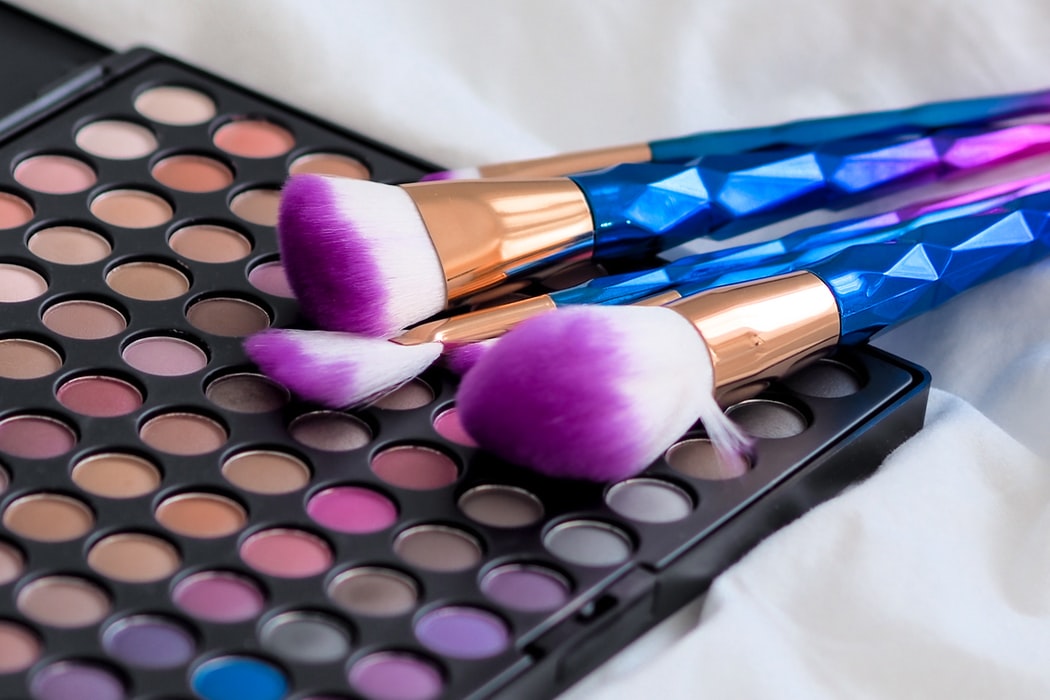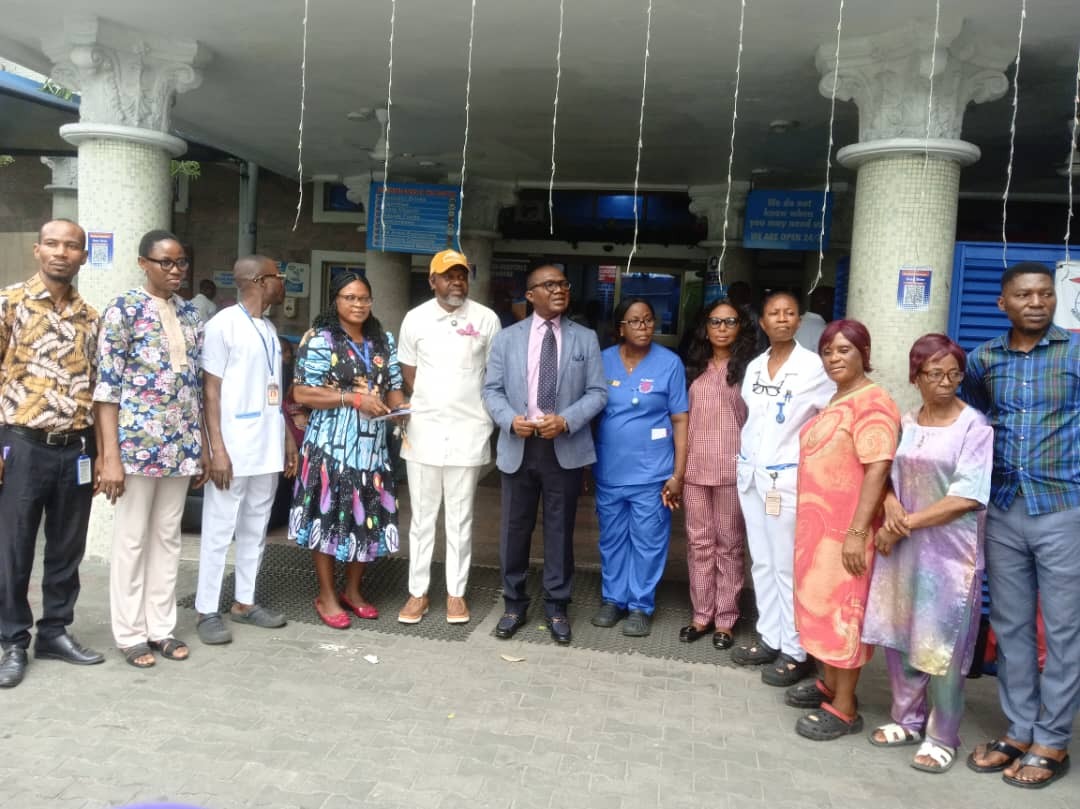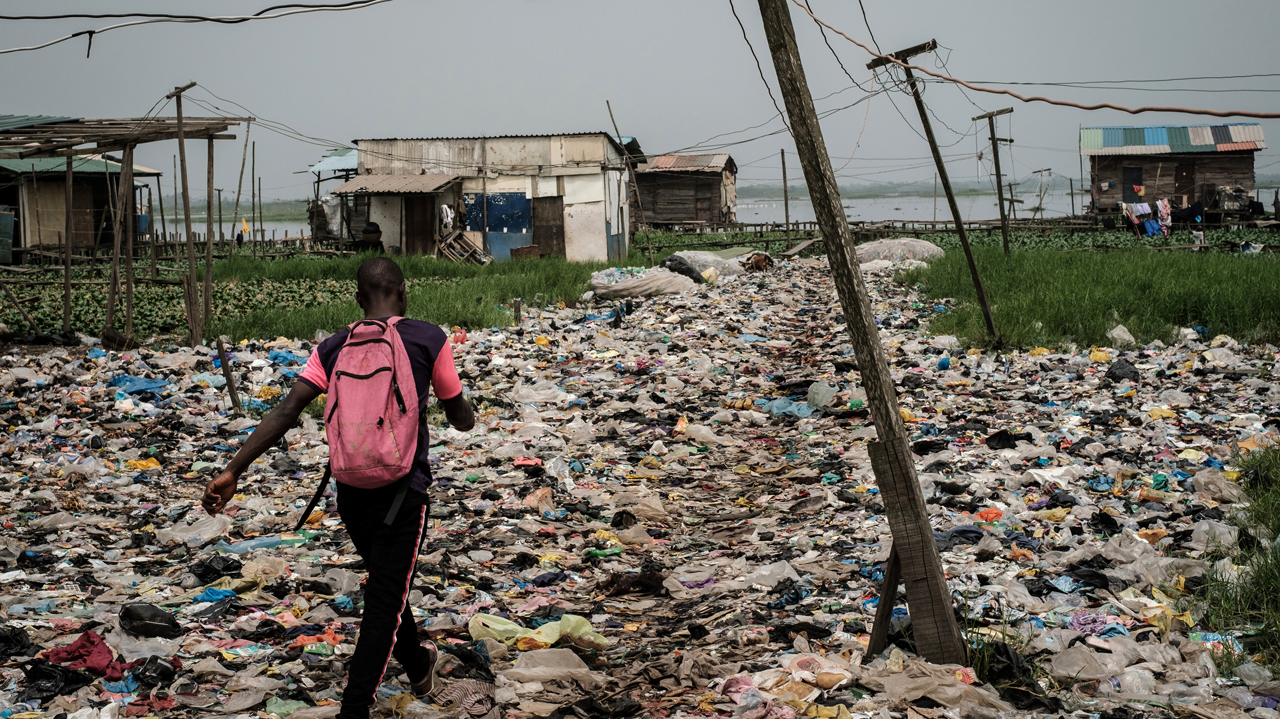
As the second most populous continent in the world, Africa has enormous market potential. After a sluggish start, beauty companies are beginning to recognise this, and ramping up activity in Africa.
Lots of global brands are switching their focus to Africa but what’s behind the recent surge in interest? Here’s a closer look at developments within the cosmetics industry in Africa.
Sub-Saharan Africa
The personal care and beauty market in Africa is a multi-billion dollar industry, with annual increases of close to 10%. With global growth languishing at around 4%, the African market is expanding at more than double the pace. By 2022, the African beauty market is expected to be worth more than $14 billion.
The majority of the market and growth is located in sub-Saharan Africa, with Nigeria leading the way. Nigeria replaced South Africa as the largest economy in Africa in 2014, and is in the top 25 economies in the world. With a population of more than 206 million, it’s forecast to become the third most populous country in the world by 2030.
Given the strength and size of the market, it’s no surprise to discover that beauty companies are flocking to Nigeria. The catalogue on Kimbino.ng highlights some of the leading brands that can be found in the country now, such as Oriflame. Other big brands moving operations to the region include beauty giants L’Oreal and Unilever.
‘Inspite of all the challenges we have faced as a continent, the beauty market is thriving and growing at an exponential rate, especially here in Nigeria. At Kimbino.ng we are excited to be associated with beauty and personal care brands like L’Oreal and the Swedish Oriflame. We grew up with Unilever which has been in Nigeria since 1923, it is actually headquartered here in Lagos. More recently, in 2014, Her Imports, one of the largest hair extensions companies in the US also set up new headquarters in Lagos. With clients ranging from Nicki Minaj to Kerry Washington and Rihanna, the projected income from Africa for Her Imports topped $100 million. This goes to show the stability of the industry and the promise it has to keep flourishing.It is no surprise therefore that more brands are flocking in. It can only mean good things for Africa. ‘ (PR Manager Kimbino Nigeria)
Why Africa?
Despite the size of the continent, Africa has largely been ignored in the past so what’s the reason for the change? Part of the reason is better data.
With improving technology, it’s now possible for companies to identify the amount of sales and interest that arises from Africa, and in particular sub-Saharan Africa. For example, Her Imports found that their website got more hits from African clients that it did from those in the US. Many beauty companies have identified a gap in the market and have found an enthusiastic audience for their products in Africa.
However, it’s not just about beauty companies receiving better information about interest from African markets. The demographics in Africa have been gradually changing, leading to a rise in demand for global beauty products. Three-quarters of the population in sub-Saharan Africa is aged below 30, the demographic which is the most likely to be interested in beauty products, perfume and hair care.
Nigeria is just one example of this, having achieved strong population growth with an uptick in the young, urban, female population. The middle-class is also rapidly expanding, and with exposure to western influences, there is a new appetite for personal care products and fashion.
Although the large economies of Nigeria and South Africa have been leading the way, other African nations are also following the same trends. Cameroon, Tanzania, Ghana, Ethiopia and Kenya. In total, the middle class in Africa has tripled in size over the last three decades. This means women have greater spending power, attracting the attention of beauty companies.
Although there has been a big rise in cosmetics sales in Africa, this really is only the beginning. Predictions suggest that African economies will continue to strengthen and enlarge over the next decade, allowing them to occupy a much greater stage on the world market.






